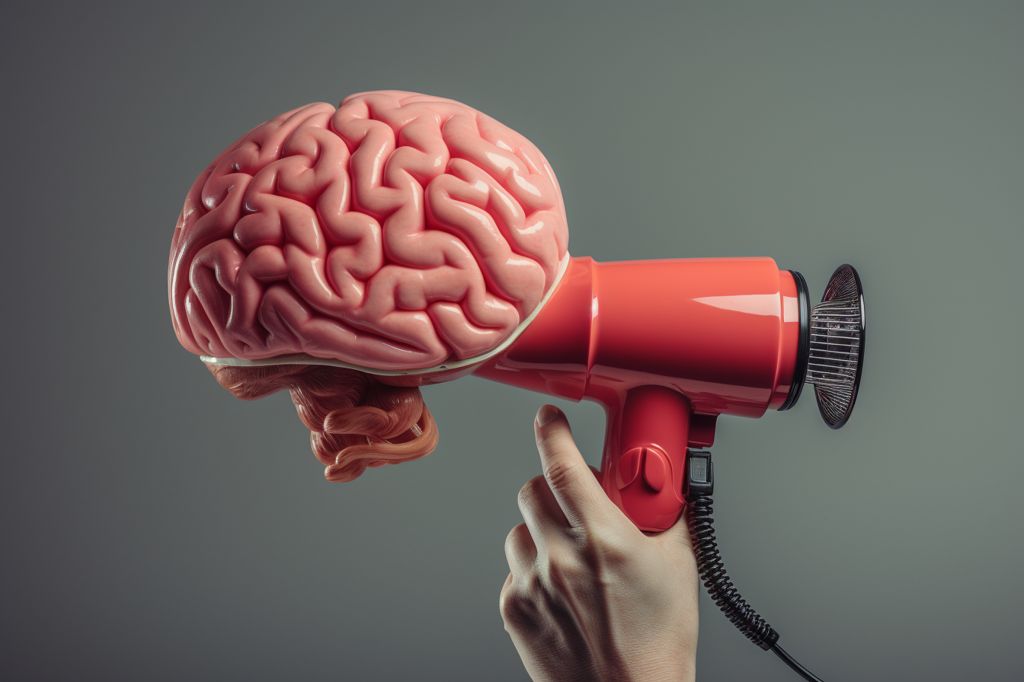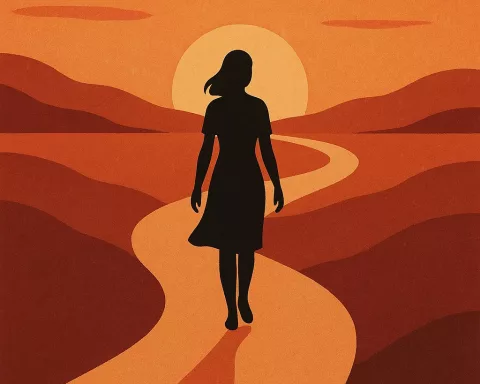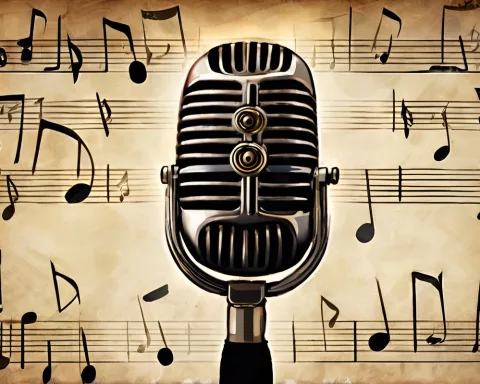On World Suicide Prevention Day, it’s important to remember the significance of having open conversations about mental health struggles. Unfortunately, our busy lives often hinder us from reaching out to others for fear of being burdensome. This leads some individuals to endure the overwhelming challenges of depression or suicide alone. The resulting isolation can exacerbate the problem, causing reluctance to ask for help and promoting stigma surrounding mental health.
To combat this issue, Odette van Rensburg and Eric Gauss from Dogs on the Run production company created a powerful documentary called “Disconnected.” The film features unscripted stories of individuals affected by suicide, with the aim of reducing stigma and encouraging dialogue about depression and mental health.
Who Should Watch “Disconnected”?
“Disconnected” is a crucial documentary that should be seen by anyone in the medical field, educators, religious leaders, and those in leadership and guidance positions. It’s essential to integrate mental health awareness into our education system, ensuring that children have a comprehensive understanding of mental health and feel comfortable discussing it.
Warning Signs of Depression
The South African Depression and Anxiety Group (SADAG) has identified numerous warning signs of depression, including changes in mood, sleeping patterns, appetite, and weight, as well as feelings of worthlessness, self-reproach, or guilt. Additional factors that point to an increased risk for suicide in individuals with depression are extreme anxiety, agitation, enraged behavior, drug or alcohol abuse, and feelings of hopelessness or desperation.
Eliminating the Taboo Surrounding Suicide
Taking warning signs seriously is critical because 75% of all suicides give indications of their intentions to a friend or family member. Eliminating the taboo surrounding suicide is vital in creating a safe space for those suffering to come forward without fear of judgment.
The Importance of Partnerships
SADAG emphasizes the importance of partnerships between survivors, community leaders, scientists, and dedicated individuals to eradicate this tragic and preventable loss of life. They provide several emergency helpline numbers, including Dr. Reddy’s Help Line (0800 21 22 23), Cipla 24hr Mental Health Helpline (0800 456 789), Adcock Ingram Depression and Anxiety Helpline (0800 70 80 90), and the Suicide Crisis Line (0800 567 567).
Seek Help Without Shame
For further information on signs, warnings, triggers, and assistance, as well as post-traumatic follow-ups for family members, visit SADAG’s website. With a wealth of resources available, increased awareness and open conversation surrounding mental health will eventually lead to a more compassionate and understanding society. Individuals can then seek help without fear or shame.












